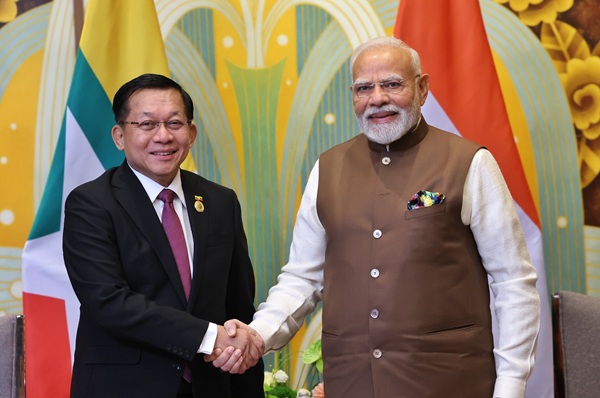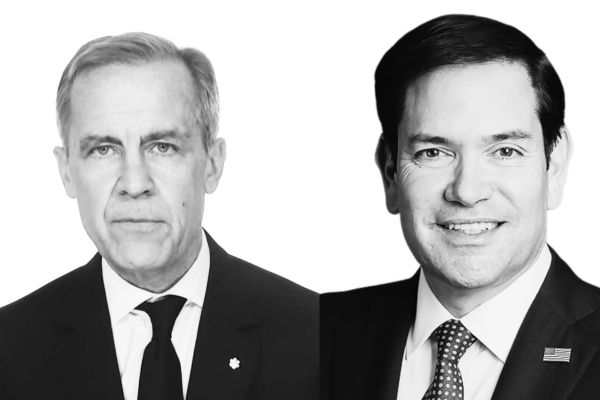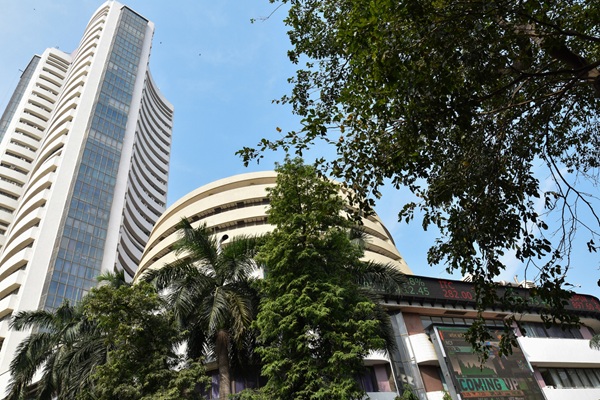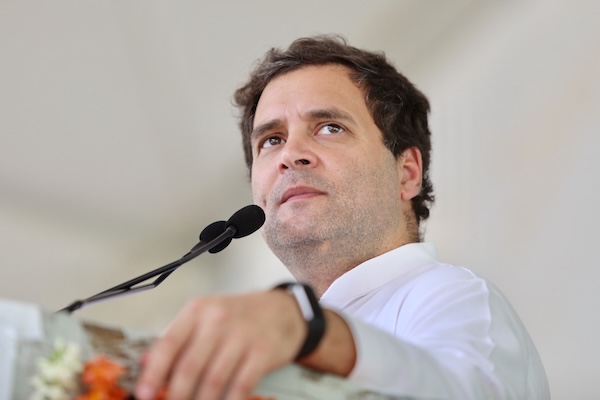.png)
India’s Message to the World in the SCO that Everyone Missed
At the SCO summit, India balanced ties with Myanmar’s junta and China’s growing sway, while signalling its role as a trusted regional partner.

Rami Niranjan Desai is an anthropologist and a scholar of the northeast region of India. She is a columnist and author and presently a Distinguished Fellow at the India Foundation.
September 30, 2025 at 6:48 AM IST
Much has been written about the 2021 coup by the Tatmadaw in Myanmar. While Aung San Suu Kyi and her party, the National League for Democracy, were accused of rigging the elections, many across the world alleged foul play by the military junta. Accused of subverting the course of democracy and the unfettered influence of the Tatmadaw on politics in Myanmar, the military junta stood isolated in the international arena until this year.
While Russia and China, along with a handful of other countries, have had an ongoing engagement with the military junta, they have not necessarily extended complete recognition to the junta or to its leader, Acting President Senior General Min Aung Hlaing.
In the Shanghai Cooperation Organisation Summit, which concluded last month in Tianjin, China, some of the most powerful leaders in the world gathered. The world watched the SCO with interest in the midst of the tariff wars with the United States, observing the subtle messaging to President Donald Trump through the meetings Prime Minister Modi had with other leaders. The messaging was largely seen through the interactions of PM Modi, President Xi Jinping, and President Putin. However, it was missed that Senior General Min Aung Hlaing was also present there in perhaps what was considered one of the largest international platforms that he has been on since 2021.
It was Gen Min Aung Hlaing’s second visit to China and his second meeting with President Xi Jinping, but this time not only was General Hlaing given a red carpet welcome but also a prominent spot amongst many other important leaders. And unlike the previous years, the Ministry of Foreign Affairs of China even referred to him as “acting President of Myanmar” rather than “leader of Myanmar”.
Strategic Balance
China also pledged for the first time to support Myanmar’s efforts to become a full member of the SCO during President Xi’s meeting with Gen Min Aung Hlaing in Tianjin. It was reported that both leaders discussed cooperation in Myanmar’s peace process, regional diplomacy, and Chinese Belt and Road infrastructure projects, including the China-Myanmar Economic Corridor. With China’s growing presence and influence both on the Ethnic Armed Organisations and on the military junta, China’s warm reception is being seen as an extension of legitimacy to the military junta.
India, on the other hand, has been aware of China’s growing influence on its strategic neighbour. Through the political upheaval and the ensuing conflict in Myanmar, India has kept its channels of communication open with all stakeholders. To this end, India, keeping its Neighbourhood First Policy and Act East policy central to its strategy, saw PM Modi meeting Senior General Min Aung Hlaing on the sidelines of the SCO.
India’s Ministry of External Affairs stated that “The two leaders reviewed bilateral ties and discussed the way forward on several aspects of bilateral cooperation, including development partnership, defence and security, border management and border trade issues. Prime Minister stressed that progress on ongoing connectivity projects would foster greater interaction between the people of the two countries, while promoting regional cooperation and integration as envisioned in India’s Act East policy.”
Prime Minister Narendra Modi also addressed the upcoming elections in Myanmar with the hope that they will be inclusive and fair and offered all development assistance, noting that “India attaches importance to its ties with Myanmar as part of its Neighbourhood First, Act East and Indo Pacific policies”. India will also send a team of election observers to monitor the upcoming elections in December. Even though out of 330 townships, only 145 have been surveyed, at this point, it is unlikely that elections would take place in more than 102 townships.
At a time when the US under President Trump has changed its stance towards Myanmar and its junta leaders by lifting sanctions on them, the SCO summit interactions are of immediate consequence. The US has indicated joint possibilities in exploring Critical Earth and Heavy Rare Earth elements with Myanmar and has stopped USAID funding to the National Unity Government in exile, staunch opponents of the junta.
In the backdrop of this setting, President Xi Jinping discussed “opposing foreign interference in Myanmar’s politics, China’s positive stance and future actions for the country’s stability and peace”. Media in Myanmar reported that Gen Hlaing discussed “combating foreign interference in Myanmar politics and ensuring Myanmar’s dignified stance in regional relations”, calling the SCO summit a step towards “ international recognition”.
Furthermore, the media in Myanmar has also stated that PM Modi and Gen Hlaing not only discussed security and elections but also economic cooperation, particularly in rare earth exploration. On the other hand, the NUG protesting on China's pro junta alignment sent an official letter objecting to China's reference to Gen Hlaing as “acting President”.
Irrespective of the messaging to the West, India will continue to be wary of interference in its neighbourhood. Gen Hlaing has signed over seven MOUs with China specific to China’s ambitious Belt and Road Initiative. News is trickling in that China’s Yunnan Baoshan Hengyi Industrial Group Co. Ltd will be restoring Ledo road, which runs 114 km from Kanpaiti on the China-Myanmar border to Myitkyina and another 367 km from Myitkyina to Pangsau Pass on the India-Myanmar border. This can have security repercussions for India.
Nevertheless, the Shanghai Cooperation Summit 2025 was far more than a pivot for India, China and Russia alignment. Rather, it was a message from India to the rest of the world that India is capable of balancing its national interests and regional initiatives while advocating democracy in the spirit that it should be. Without interference or virtue signalling, India has retained its place as an important, essential and trusted partner in the region.
* Views are personal.



